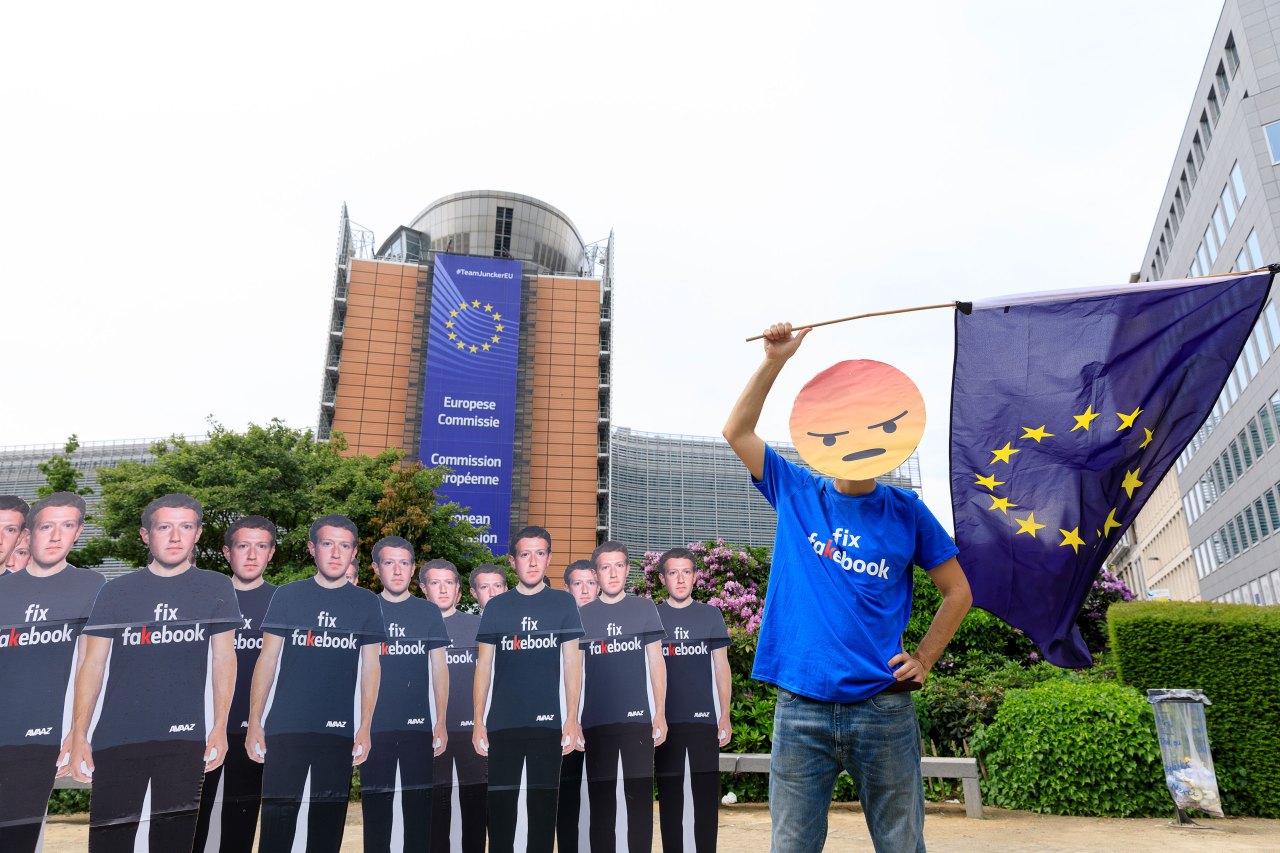In a world where information spreads at lightning speed, the ongoing issue of disinformation remains a significant concern. It’s been nearly a year since the European Commission assembled major players in the digital advertising landscape to support a self-regulatory Code of Practice aimed at combating online misinformation. However, the Commission’s latest report indicates that despite some progress, platforms still lag in their commitment toward meaningful change.
The Code of Practice: A Skeletal Framework
At its core, the EU Code of Practice on Disinformation is a voluntary set of guidelines that purports to improve transparency and accountability among tech giants like Facebook, Google, Twitter, and Microsoft. Yet, as the commissions pointed out, the actual impact is minimal. While these companies have taken steps toward transparency, such as better reporting on their policies, the real-world effectiveness of their efforts often falls short.
- Vague Actions: The Code requires signatories to outline broad objectives rather than specific actions, leading to inconsistency. This ambiguity leaves room for different interpretations from platform to platform.
- Poor Consumer Engagement: Despite commitments to empowering consumers, platforms have generally not provided useful data or search tools for independent scrutiny. This shortfall diminishes the potential for genuine public engagement and knowledge.
Challenges of Self-Regulation
The underlying issue remains: can voluntary codes of practice compel inherently profit-driven companies to prioritize truth over engagement? The answer seems to lean toward no. The report highlights troubling trends where platforms focus more on profit generation rather than creating a healthier information ecosystem.
To illustrate, Twitter has shared metrics of its success in combating spam accounts, claiming to proactively tackle inauthentic behavior. Yet, this raises a valid question: is the eradication of malicious bots the best way to ensure users are not misled, or is it merely a superficial layer of safety?
Similarly, Facebook’s approach to disinformation has come under scrutiny for being reactive rather than proactive. Their metrics showcase increased action against “spam,” but the question persists—does this effectively address the misinformation problem, or simply obscure it?
What Lies Ahead
The road toward a more reputable digital ecosystem is riddled with uncertainty. The European Commission acknowledges ongoing assessments of the Code’s effectiveness, signaling a potential shift from self-regulation to more stringent regulations if these tech giants fail to step up. Ultimately, the Commission’s findings could precipitate a landscape where mandatory regulations replace voluntary codes, significantly altering how these companies address the persistent threat of disinformation.
Conclusion: Time for Concrete Solutions
The conversation around disinformation is not just a back-and-forth debate among regulators and tech giants; it deserves robust action and resolution. Stakeholders must push for meaningful transparency and accountability mechanisms, because lies may travel faster, but it’s essential for the truth to stand firmly in the digital age.
For more insights, updates, or to collaborate on AI development projects, stay connected with fxis.ai.
At fxis.ai, we believe that such advancements are crucial for the future of AI, as they enable more comprehensive and effective solutions. Our team is continually exploring new methodologies to push the envelope in artificial intelligence, ensuring that our clients benefit from the latest technological innovations.

